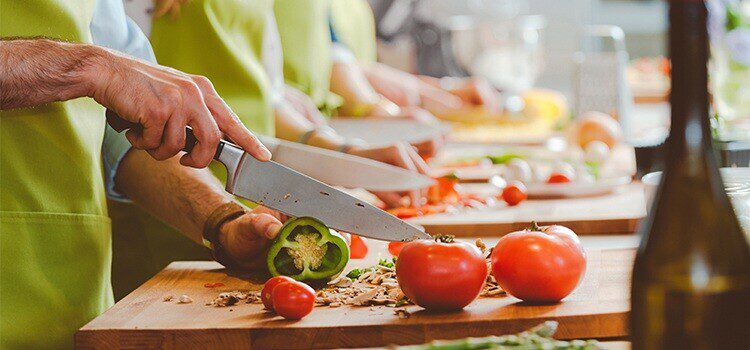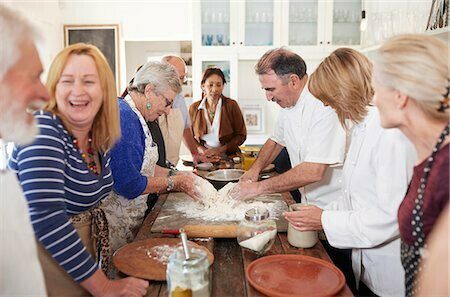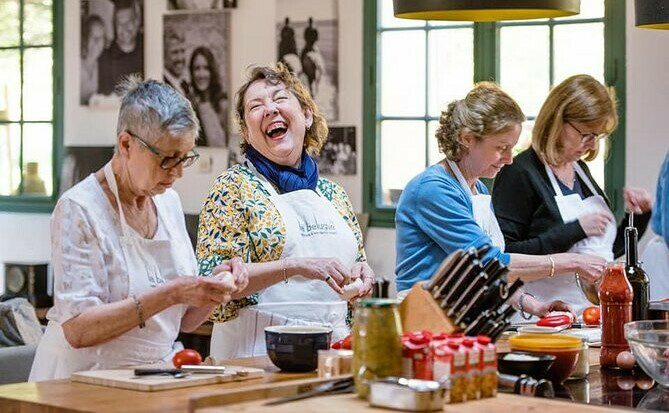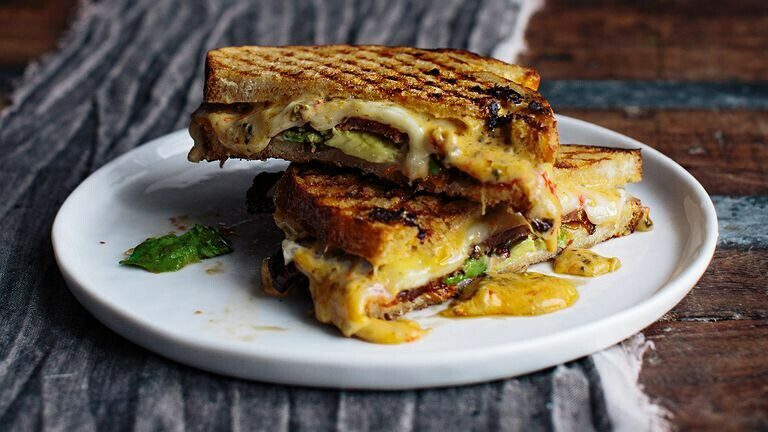Introduction to the Benefits of Cooking Classes for Older Adults
As we age, maintaining a healthy and fulfilling lifestyle becomes increasingly important. One enjoyable and practical way to achieve this is through cooking classes specifically designed for older adults. These classes offer more than just an opportunity to learn new recipes; they provide a holistic approach to well-being that encompasses physical health, mental stimulation, social engagement, and emotional satisfaction. By participating in cooking classes, older adults can enhance their quality of life, foster new friendships, and gain valuable skills that promote independence and self-reliance. This comprehensive exploration of the benefits of cooking classes for older adults highlights how such programs can significantly contribute to their overall well-being and happiness. This post provides a more in-depth look at the benefits of cooking classes for older adults.

Health and Nutrition
Improved Diet: Cooking classes can help older adults learn to prepare nutritious meals, which is crucial for maintaining health and managing chronic conditions. By focusing on the use of fresh ingredients, balanced meals, and proper cooking techniques, seniors can significantly improve their dietary habits. In addition, cooking classes can expose students to new types of food, such as the Mediterranean diet or Chinese food, which will allow healthy editions to their eating habits and a welcome change of pace.
Special Dietary Needs: Classes can address specific dietary requirements, such as low-sodium or diabetic-friendly recipes. Instructors can provide guidance on how to adjust recipes to meet individual health needs, ensuring that older adults can enjoy delicious meals that support their health goals.
Mental Stimulation
Cognitive Function: Learning new skills and recipes can enhance cognitive abilities and memory. The process of cooking involves various cognitive tasks such as following instructions, measuring ingredients, and remembering steps, which helps keep the brain active and engaged.
Problem-Solving: Cooking involves planning, measuring, and timing, which helps keep the brain active. These problem-solving activities stimulate the brain and can contribute to improved mental sharpness and creativity.

Social Interaction
Community Building: Classes provide a social setting where older adults can make new friends and strengthen community ties. The shared experience of learning and cooking together fosters a sense of belonging and camaraderie.
Combat Loneliness: Regular interaction in classes can reduce feelings of isolation and loneliness. Social connections formed during these sessions can lead to lasting friendships and support networks, which are essential for emotional well-being.
Physical Activity
Mobility and Coordination: Cooking involves physical activities like chopping, stirring, and moving around the kitchen, which can help improve motor skills and coordination. These activities can be particularly beneficial for maintaining dexterity and agility.
Light Exercise: Engaging in cooking can provide light, enjoyable exercise that helps maintain physical fitness. The physical effort required in meal preparation can contribute to overall physical health and well-being.

Emotional Well-Being
Sense of Accomplishment: Successfully preparing a dish can boost self-esteem and provide a sense of achievement. Completing a recipe and enjoying the final product can be a source of pride and joy. As the cook becomes more accomplished, they may expand to cooking for family and friends, which is not only a chance to share learned skills, but expand one’s social circle and social engagement opportunities.
Stress Relief: The act of cooking can be therapeutic, providing a creative outlet and reducing stress. Focusing on the task at hand and engaging in a productive activity can help alleviate anxiety and promote relaxation.
Emotional Benefits: Cooking can be fun, both cooking by oneself or with a friend or loved one. In addition, it can expose the student to new cuisines, cultures and expand both their culinary as well as social experience.
Lifelong Learning
Skill Development: Cooking classes offer an opportunity for continuous learning and skill enhancement. Whether it’s mastering a new technique or discovering a new cuisine, there’s always something new to learn. Lifelong learning can be a key factor in healthy aging.
Adaptation to Change: Learning new cooking techniques or cuisines can help older adults adapt to changing tastes and dietary needs. This flexibility can make meal preparation more enjoyable and varied when adding new cuisines and cooking techniques to their repertoire.

Economic Benefits
Cost Savings: Learning to cook at home can reduce the need for expensive prepared meals or dining out. Homemade meals are often more economical, allowing older adults to stretch their food budget further.
Budget Management: Classes often include tips on shopping smart and reducing food waste, which can help manage a fixed income. Learning to plan meals and use ingredients efficiently can lead to significant cost savings.
Cultural Enrichment
Exploring Cuisines: Classes often explore different cuisines, promoting cultural awareness and appreciation. This exposure can enrich participants’ culinary knowledge and broaden their palate and intellectual knowledge.
Traditional Recipes: They can also be a way to reconnect with and preserve traditional family recipes and heritage. Sharing and learning these recipes can be a meaningful way to celebrate cultural identity and history. As the cultural knowledge increases, it forms a foundation for learning and sharing within the family.

Safety and Independence
Kitchen Safety: Classes often include safety tips, which can help prevent accidents in the kitchen. Learning about proper knife handling, safe cooking practices, and emergency procedures can enhance safety.
Self-Reliance: Improved cooking skills can help older adults remain independent by enabling them to prepare their own meals. This self-sufficiency can contribute to a higher quality of life and a sense of autonomy.
Conclusion
Cooking classes offer a multitude of benefits for older adults, from health and nutrition to social interaction, life-long learning and emotional well-being. They provide a holistic approach to improving the quality of life for seniors, making them a valuable activity for this age group. By fostering new skills, enhancing social connections, and promoting physical and mental health, cooking classes can significantly enrich the lives of older adults.

Resources
Related Content From Optimal Retirement Living
- Heart Healthy Diets for Seniors
- Heart Healthy Cookbooks for Seniors
- The Mediterranean Diet for Beginners
- Lifelong Learning Resources for Seniors
Affiliate Disclosure Language
* Affiliate Disclosure: What are affiliate links?
Purchases are made on external affiliate company websites: When a reader clicks on an affiliate link located on www.optimalretirementliving.com to purchase an item, the reader buys the item from the seller directly (not from optimalretirementliving.com). Amazon and/or other companies pay optimalretirementliving.com a small commission or other compensation for promoting their website or products through their affiliate program.
Note: “As an Amazon Associate, I earn from qualifying purchases.”
Prices are exactly the same for you if your purchase is through an affiliate link or a non-affiliate link. You will not pay more by clicking through to the link.